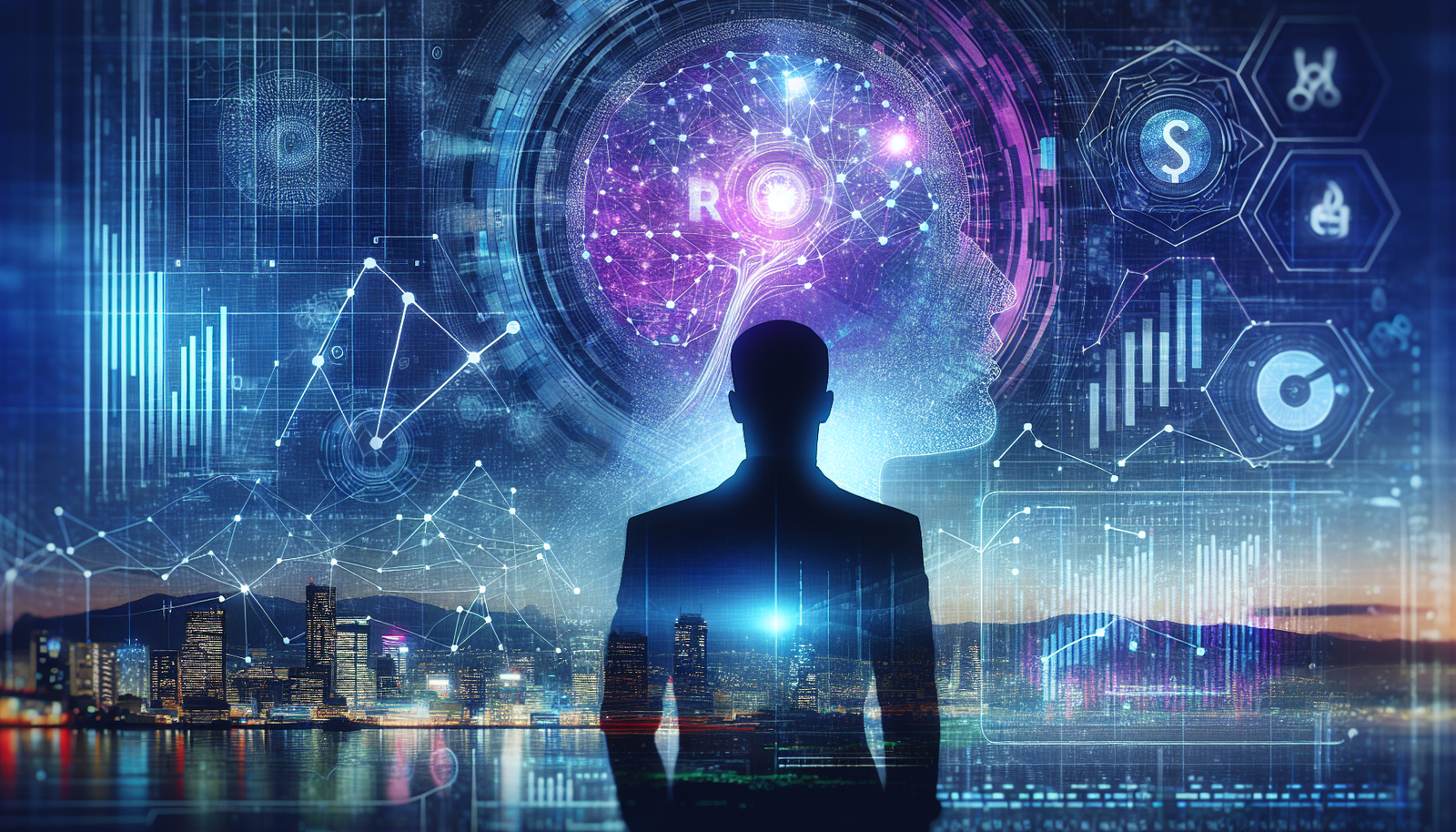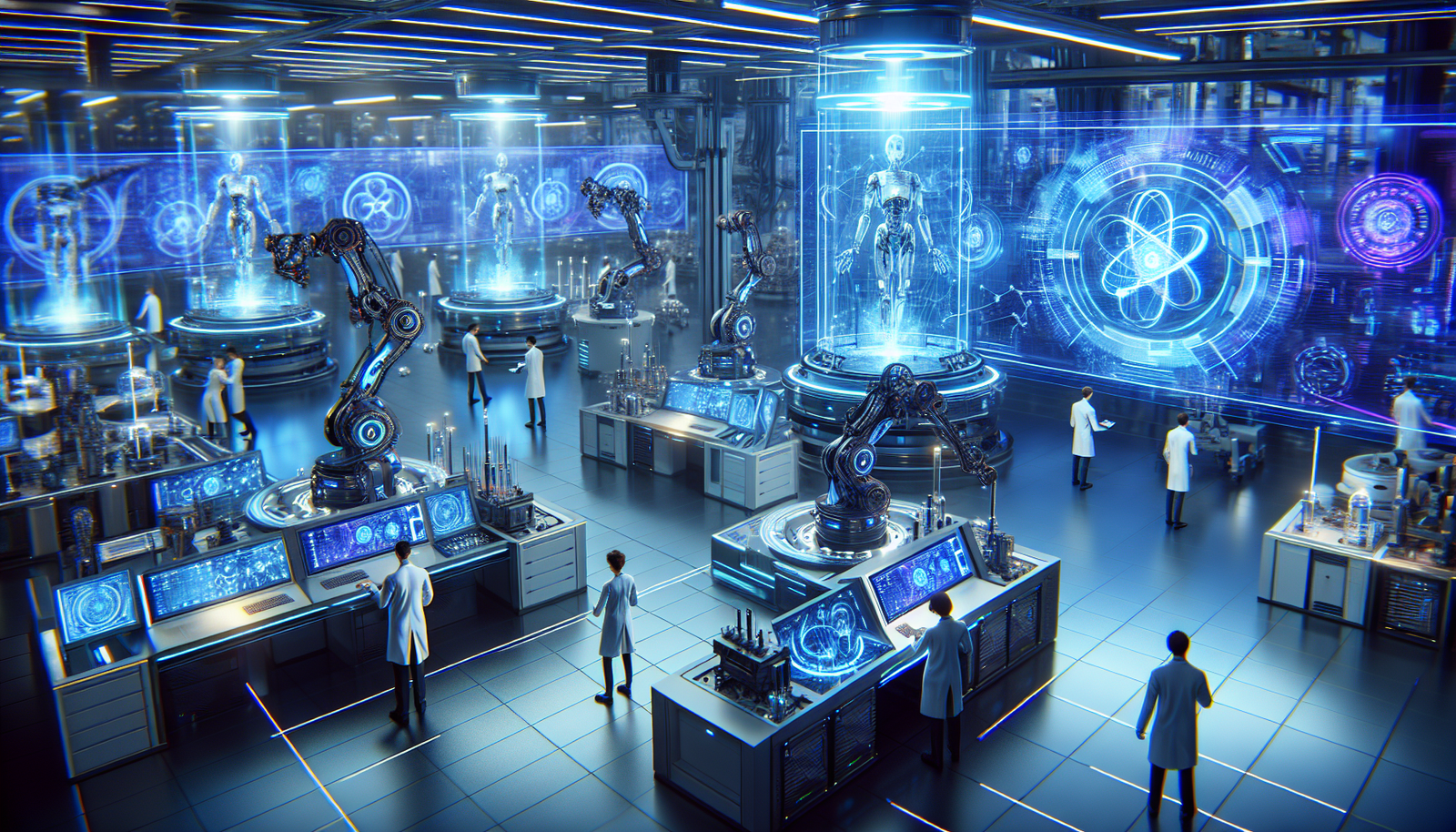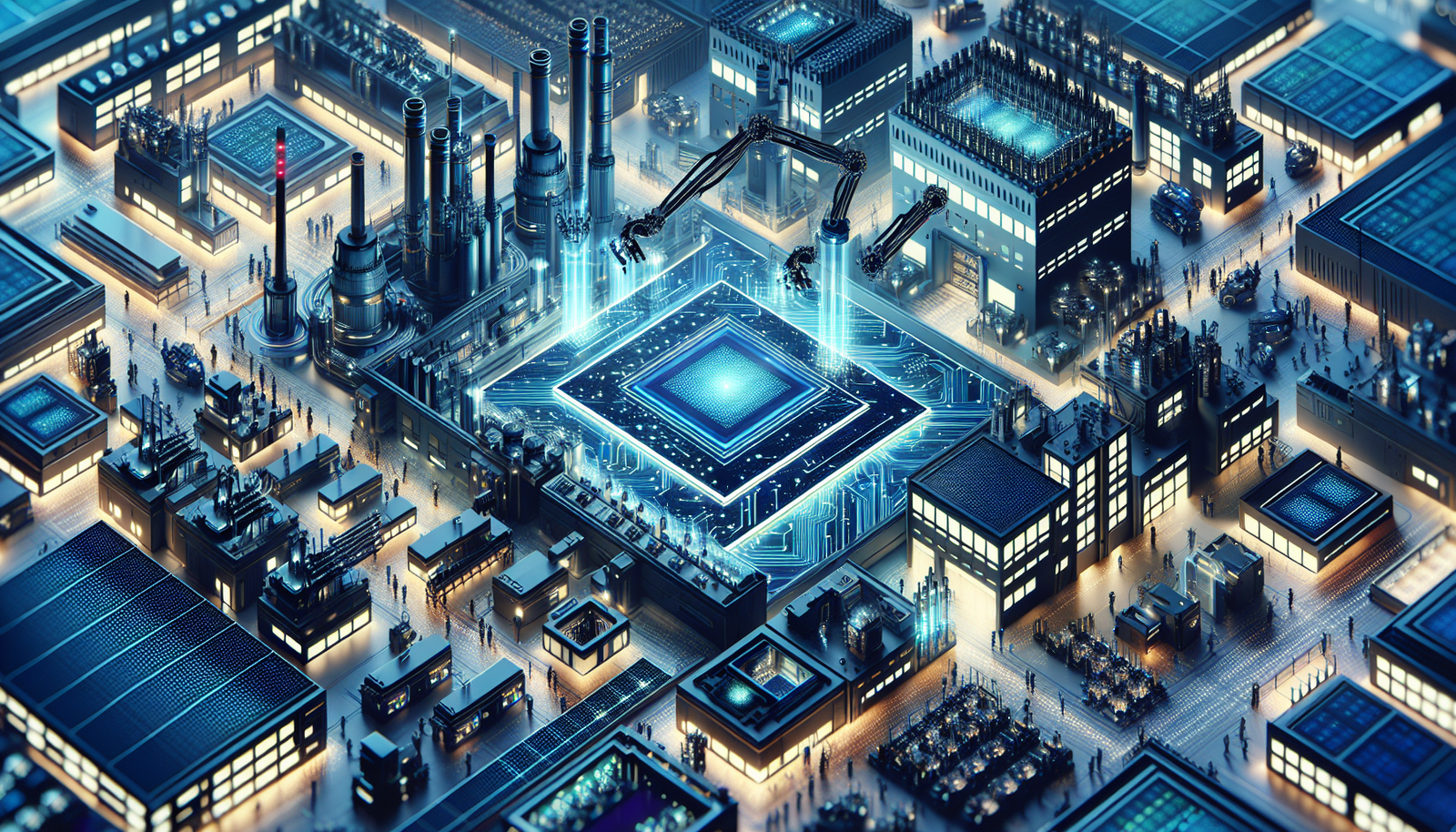The international report on AI security addresses fundamental issues concerning economic tranquility and environmental balance. This document illustrates how artificial intelligence is reshaping the labor landscape, leading to potential job losses due to automation. It also highlights the repercussions of this technology on global ecology, predicting exponential energy consumption and environmental challenges.
The report examines how AI exacerbates the threats of cyberwar, notably through the proliferation of malicious software. Furthermore, the imperative for appropriate regulation becomes acute to anticipate these issues. This analysis transcends speculation, offering an informed view of the contemporary challenges posed by AI.
Impact on Employment
The international report on AI security underscores significant risks for the labor market. AI agents, capable of performing tasks without human supervision, are at risk of replacing many current jobs.
This phenomenon is particularly concerning in advanced economies. According to the International Monetary Fund, approximately 60% of jobs in countries like the United States and the United Kingdom are exposed to the impact of AI. About half of these positions could be negatively affected.
Economists admit that job losses could be offset by the creation of new positions in non-automated sectors. Nevertheless, these disruptions could intensify if autonomous AI agents execute sequences of complex tasks without human intervention.
Environmental Consequences
The report describes the impact of AI on the environment as a moderate but growing contributor. Data centers, essential for the functioning of AI models, consume a significant amount of energy for their training and operation.
About 1% of energy-related greenhouse gas emissions come from data centers. AI models, moreover, can account for up to 28% of the energy consumption of these facilities.
The report highlights the difficulties in meeting the growing energy demand with renewable sources. Water consumption by data center infrastructures also poses a risk to the environment and the human right to water.
Loss of Control over AI Systems
Experts express concerns about the possibility of AI systems slipping beyond human control. The report emphasizes the diversity of opinions surrounding this issue, with some deeming it unlikely, while others consider it a risk that deserves attention.
Yoshua Bengio, a renowned scientist, believes that AI agents, even autonomous ones, do not yet possess the necessary capabilities to completely escape our control. The necessity of long-term planning remains an obstacle to their autonomy.
Risk of Creating Biological Weapons
The report indicates that certain AI models are capable of generating detailed guides for creating pathogens. Although these models are remarkably complex, their use by novices still raises questions of uncertainty.
Notable advancements have been observed regarding the capabilities of the technologies, with companies like OpenAI demonstrating the potential for assistance in replicating known biological threats.
Cyberattacks and Cybersecurity
Threats related to cybersecurity are intensifying with the emergence of AI agents capable of exploiting vulnerabilities within open-source software. The pace of technological evolution increases the risks of espionage and cyberattacks.
Currently, the limitations of AI agents prevent them from planning and coordinating autonomous attacks. Organizations, however, remain poorly prepared for the emerging threats posed by AI.
Use of Deepfakes
The report documents the malicious use of deepfake technology, including financial scams and the creation of compromising images. Feedback on this issue remains incomplete due to a reluctance to report such incidents.
Institutions and individuals often hesitate to share their experiences related to AI abuse. This silence complicates the understanding of the true scale of these attacks.
Fundamental challenges in combating deepfakes include techniques to remove digital markers identifying AI-generated content.
Frequently Asked Questions about the International Report on AI Security
What are the main impacts of AI on employment according to the report?
The report indicates that the impact of AI on employment is likely to be profound, with significant risks of job losses, especially if autonomous AI agents become highly capable of performing tasks without human intervention.
How does AI affect the environment according to the international report?
The report characterizes the impact of AI on the environment as a moderate but rapidly growing contributor. It highlights that data centers consume a large amount of energy, representing about 1% of global greenhouse gas emissions.
Does the report address the risks of cyberwar related to AI?
Yes, it mentions that AI-related threats in terms of cyberwar include the use of autonomous bots capable of identifying vulnerabilities in open-source software, although these agents are not yet able to carry out attacks fully autonomously.
What are the main concerns regarding the loss of control over AI?
Experts express concerns about the possibility of an AI system escaping human control, although opinions vary on the matter. Some consider it unlikely, while others believe it is a risk that deserves particular attention.
Does the report emphasize the capabilities of AI to create biological weapons?
Yes, the report indicates that AI models can generate detailed instructions for creating pathogens, while highlighting the uncertainty around their use by novices.
What types of threats regarding deepfakes are discussed in the report?
The report discusses several examples of malicious use of deepfakes, including scamming businesses or creating compromising content. It also highlights a lack of data to fully assess the scale of deepfake incidents.
How can AI influence the income of creators in the artistic sector?
The report highlights the disruptive potential of AI in creative sectors, posing challenges regarding intellectual property and the distribution of revenue generated by AI-created content.
Does the report provide recommendations to mitigate the risks of AI?
While it does not provide concrete solutions, the report calls for better regulation and international discussions on the impacts of AI to ensure ethical and responsible use of this technology.






